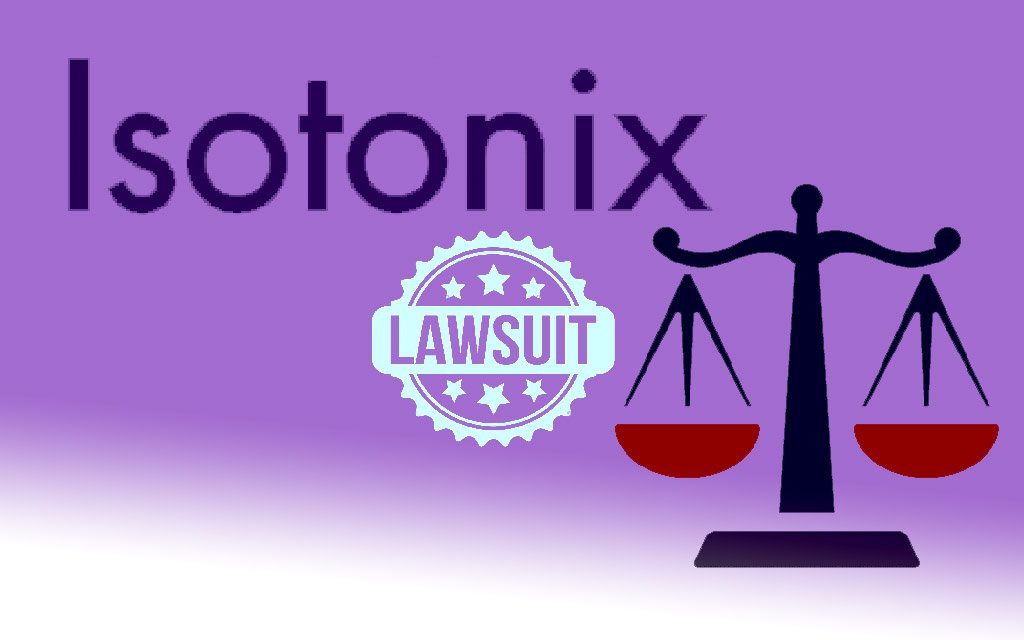The 72 Sold Lawsuit has also generated controversy regarding real estate advertising practices and business integrity. Multiple groups have charged the company with deceptive, false, and unlawful business practices. Legal suits have placed these issues in the public eye and raised questions regarding the operations of the company.
This piece reports on the major lawsuits, main charges, and important details not widely covered. Readers will understand the controversy surrounding 72 Sold and what it means for the real estate industry.
72 Sold: A Real Estate Disruptor Under Legal Scrutiny
Sold positions listed as an industry disruptor in the real estate market, with homeowners being able to sell their property quickly and efficiently. The company’s advertising touts speed and efficiency in closing deals within record time. Critics point out that the promise comes with a price, as several lawsuits and complaints show a grand contrast between the promissory experience and the actual experience of many consumers.
72 Sold claims to revolutionize home sales by offering fast results with minimal hassle. The firm advertises an aggressive method of selling houses in 72 hours. But lawsuits tell a different tale. Court complaints expose conflicts regarding deceptive advertising and dubious contracts.
The company’s lack of transparency has raised concerns among sellers and industry experts. Charges of bait-and-switch practices and deceptive warranties have resulted in several legal cases.
Legal Cases That Question 72 Sold’s Business Model
Several legal disputes expose the risks behind 72 Sold’s business practices. Court filings highlight issues related to advertising, contractual obligations, and financial disputes.
1. False Advertising Allegations
Many plaintiffs argue that 72 Sold overstates its effectiveness, misleading homeowners into believing they will receive fast, guaranteed offers. Homebuyers go through the process hoping for a smooth sale but encountering delays, low offers, or more stringent conditions. A number of lawsuits have produced proof that the firm makes exaggerated claims to close transactions in the guaranteed timeframe, and it has stoked legal investigation.
Lawsuits claim that 72 Sold exaggerates success rates and guarantees results that fail to materialize. Home sellers have reported different outcomes than what was advertised. Plaintiffs argue that the company misrepresents its ability to sell homes quickly.
2. Contractual Disputes with Home Sellers
Homeowners have reported difficulties in navigating the contractual obligations imposed by 72 Sold. Some claim they were locked into agreements, significantly restricting their ability to seek better deals elsewhere. There are reports that the company’s contracts contain secret provisions that benefit 72 Sold, giving sellers fewer choices than they initially expected. These limiting agreements have resulted in lawsuits and consumer complaints, further damaging the company’s reputation.
A few vendors have sued after experiencing surprise charges and terms. Reports suggest that 72 Sold locks clients into restrictive agreements that benefit the company more than the homeowner. These legal battles raise concerns about unfair contract terms and hidden clauses.
3. Legal Complaints from Real Estate Agents
Real estate professionals have taken legal action against 72 Sold, alleging that the company disrupts traditional industry practices unfairly. Some agents claim 72 Sold interferes with established commission structures, diminishing their earnings and credibility. Others contend that the firm’s aggressive marketing practices deceive both brokers and sellers and confuse the market. Legal challenges to these practices persist, informing the broader debate over ethical real estate transactions.
Real estate professionals have accused 72 Sold of interfering with industry norms. Lawsuits allege that the company undermines traditional agent relationships and violates real estate regulations. Some agents claim lost commissions due to misleading practices by 72 Sold.
Major Allegations Against 72 Sold
Multiple lawsuits outline troubling patterns in the company’s operations. Consumers and professionals have highlighted several areas of concern.
Misleading Advertising and Unrealistic Promises
Many complaints focus on 72 Sold’s marketing approach. The company allegedly promotes guarantees that fail in practice. Customers claim they were led to believe their homes would sell quickly but experienced delays and complications instead.
Unfair Contract Terms
Legal filings indicate that 72 Sold’s contracts often contain provisions that limit the seller’s control over their property sale. Some homeowners have expressed frustration over hidden fees and obligations not disclosed during the initial agreement. This power gap between the company and sellers has appeared in many lawsuits. Many claims that 72 Sold creates contracts to benefit itself. These agreements often limit seller options and increase company profits at the seller’s expense.
Legal documents reveal restrictive contract clauses that limit seller options. Some homeowners have struggled to exit agreements after discovering undisclosed fees. These legal challenges suggest an imbalance in power between sellers and the company.
Impact on Real Estate Agents
Traditional real estate agents have accused 72 Sold of deceptive recruitment and business practices. Some lawsuits claim the company’s methods create unfair competition and mislead agents about earning potential.
What Other Reports Have Missed
Many articles cover the basic lawsuits, but several key details remain underreported. The following insights provide a deeper understanding of 72 Sold’s legal battles.
Pattern of Exaggerated Advertising Claims
Most reports mention false advertising but fail to highlight the company’s repeated patterns. Lawsuits suggest that exaggerated claims are a core part of 72 Sold’s business model rather than isolated incidents.
Hidden Fees and Contract Loopholes
Legal cases reveal that some sellers faced unexpected costs. Many reports overlook the fine print in contracts, which often favors the company at the expense of homeowners.
Industry-Wide Impact on Real Estate Practices
Beyond individual lawsuits, 72 Sold’s approach has raised concerns across the real estate industry. Many professionals worry about long-term effects on industry standards and consumer trust.
Lessons for Home Sellers and Real Estate Professionals
Consumers and real estate agents can take key lessons from these legal disputes. Identifying potential risks helps individuals make informed decisions when considering 72 Sold’s services.
Research Before Signing Agreements
Sellers should carefully review contracts and marketing claims before committing. Seeking legal advice can help prevent unexpected obligations and hidden fees.
Verify Advertising Claims
Consumers should fact-check marketing promises and compare multiple home-selling options. Realistic expectations help avoid disappointment and legal complications.
Understand Real Estate Industry Standards
Agents and sellers must stay informed about ethical business practices. Recognizing misleading tactics helps industry professionals and consumers make better choices.
Conclusion
The 72 Sold Lawsuit reveals serious concerns about business transparency and fair dealings. Multiple legal cases highlight advertising claims, contract terms, and industry impact issues. Courts continue to examine these allegations, shaping the future of real estate practices.
Sellers and real estate professionals must approach 72 Sold with caution. Understanding past disputes and legal risks ensures smarter financial decisions. Thorough research and contract review remain essential to avoiding financial losses and legal challenges.
The controversy surrounding 72 Sold serves as a warning for the real estate industry. To avoid similar disputes and complications, future homeowners and agents should remain vigilant when choosing real estate services.


